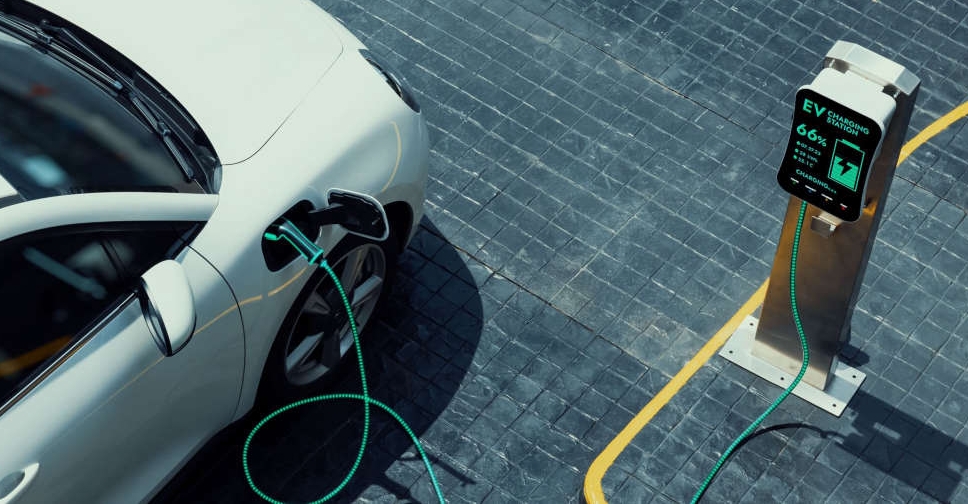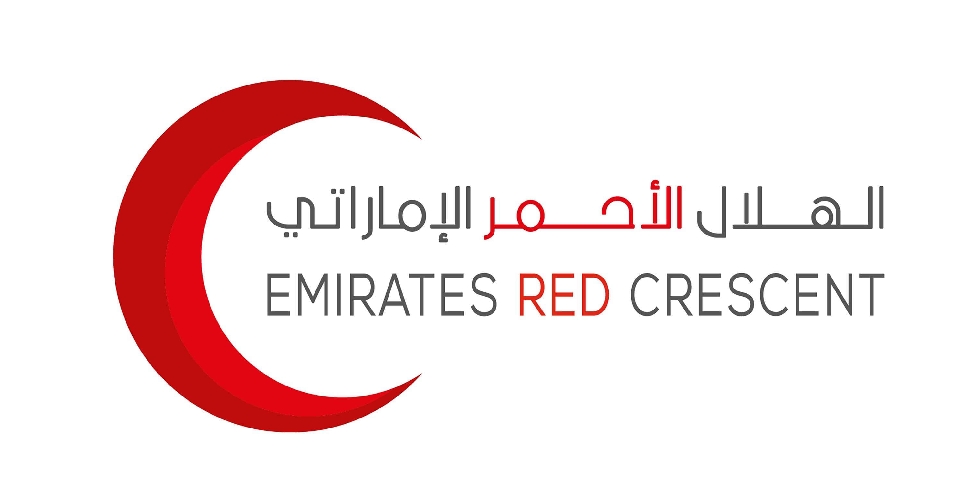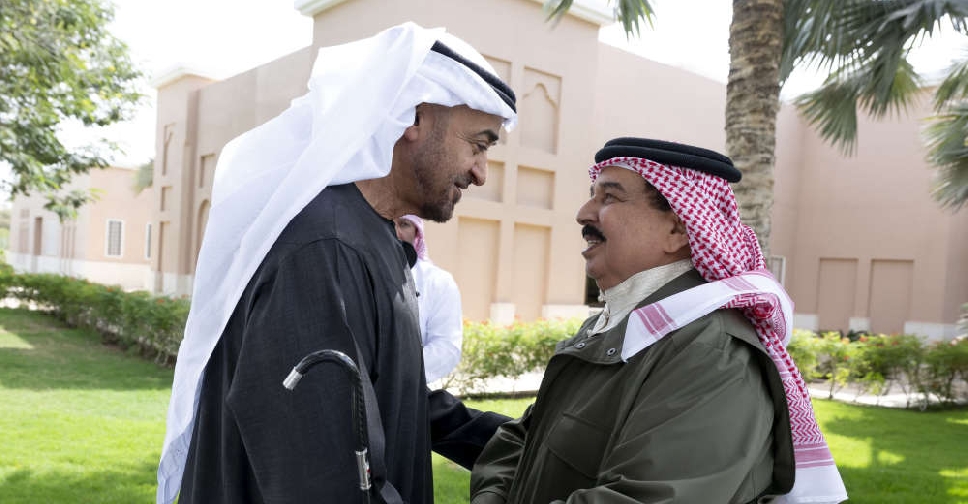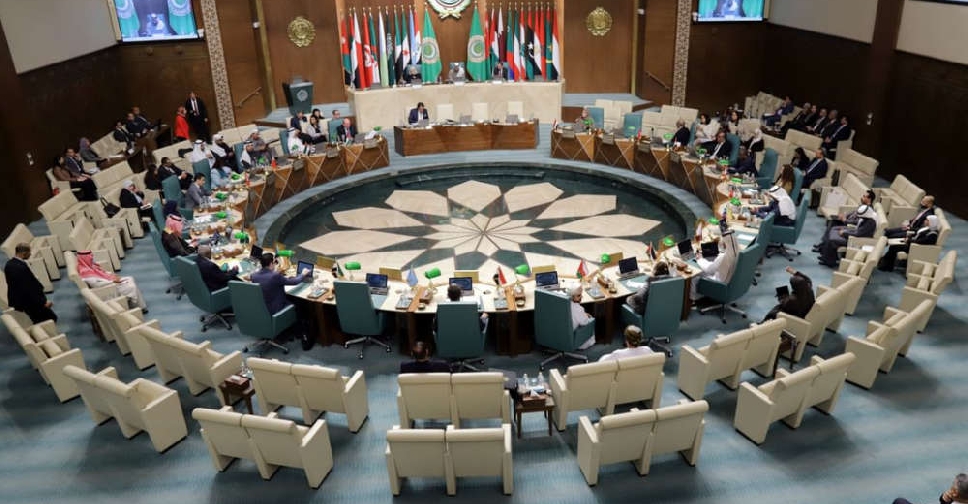
Hyundai Motor India shares fell as much as 7.6 per cent in their market debut on Tuesday after a tepid response from retail investors to the country's largest initial public offering on concerns the price was set too high.
The stock, listed at 1,934 rupees ($23) on the National Stock Exchange, below its offer price of 1,960 rupees ($23.31), and traded down 7 per cent at 1,822 rupees ($21.67) by 0917 GMT (1317 GST), giving the company a valuation of 1.48 trillion rupees ($17.60 billion).
Hyundai, India's No. 2 carmaker with a market share of 15 per cent, was targeting a valuation of $19 billion through the IPO.
Its record $3.3-billion IPO was oversubscribed more than two-fold last week, led largely by institutional investors, but concerns the price of the shares were set too high compared to future earnings deterred retail investors who worried they would not be able to make gains on the listing.
Hyundai's fall makes it the seventh of India's 10 biggest IPOs to drop on its debut, according to Dealogic. The losses of these companies ranged from 5 per cent to 27 per cent, the data showed.
Analysts said the downbeat market debut reflects the high share valuation, near-term weakness in car sales, and an increase in the royalty rate paid by the company to its Korean parent.
"Hyundai's issue has been stiffly priced and that seems to be weighing down on its listing as well," said Arun Kejriwal, founder of Kejriwal Research.
"Besides, the volumes seen so far are driven only by institutional investors, and is rather poor for an IPO of Hyundai's size."
Tuesday's listing in Mumbai is Hyundai Motor's first debut outside its home market of South Korea. The IPO was the world's second-largest this year.
"Price, of course, will always be determined by the investors," Hyundai India's COO Tarun Garg told reporters in Mumbai when asked about the company's weak stock market debut.
He also dismissed concerns over the increase in royalty rate to 3.5 per cent from 2.5 per cent, terming it "in-line with market benchmark".
While Hyundai's market valuation is much smaller than Indian market leader Maruti Suzuki's $45 billion, analysts have expressed concerns over the narrower gap in their price-to-earnings (P/E) ratios.
The issue had valued Hyundai at 26 times its earnings for fiscal year 2024 that ended in March, not far off the multiple of 29 for Maruti.
Hyundai India's listing comes as shares of Indian rivals have also slipped in recent weeks as car sales slow after two years of record highs, with customers delaying purchases on worries about stubborn inflation.
Hyundai's domestic sales in India in the April to September period are down 2.6 per cent from the same time a year earlier, while overall car sales are up just 0.5 per cent, according to the latest industry data.
Garg, however, said the recent slowdown was "nothing to worry too much" over, attributing it to seasonality, and he expects the industry to rebound.
Maruti's shareswere down 2.3 per cent on the day, while Tata Motors was down 3 per cent, with the Nifty Auto index down 2.3 per cent.
 Aviation sector contributes $4.1 trillion to global economy
Aviation sector contributes $4.1 trillion to global economy
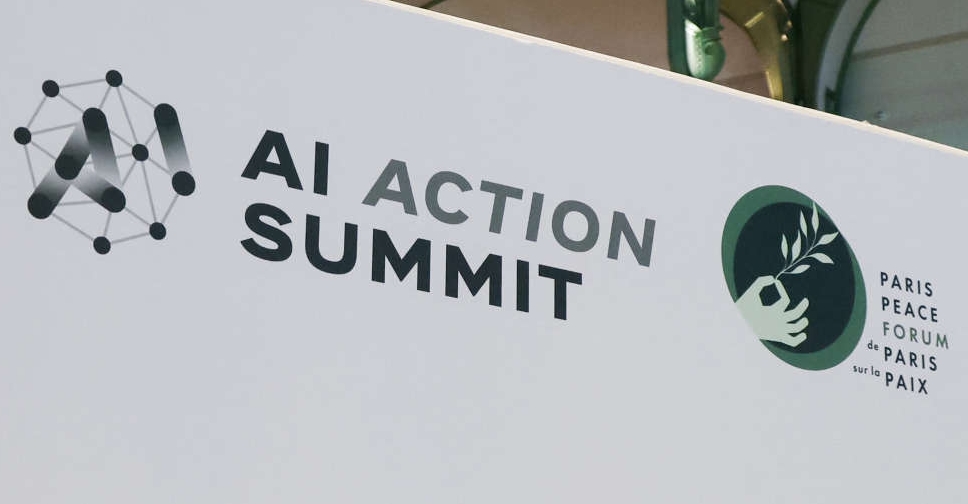 Paris AI summit draws world leaders
Paris AI summit draws world leaders
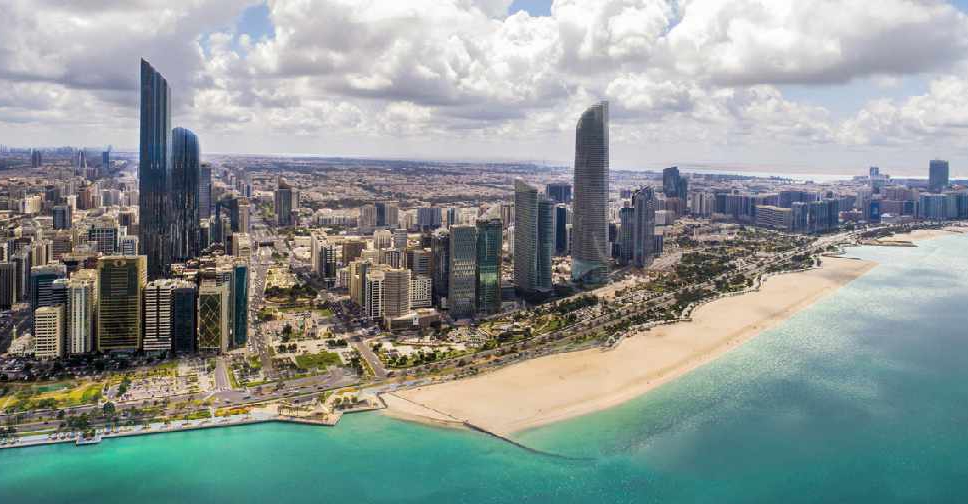 16% growth in new economic licences in Abu Dhabi during 2024
16% growth in new economic licences in Abu Dhabi during 2024
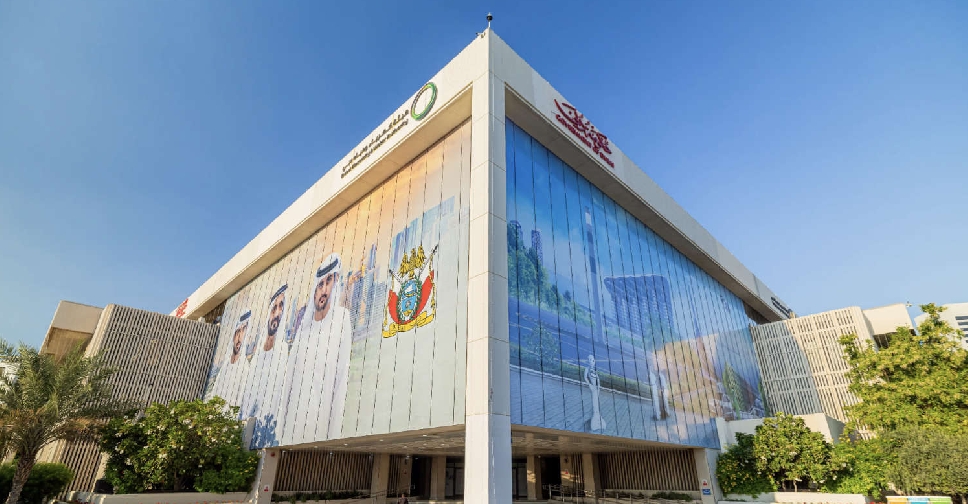 DEWA updates billing on water consumption
DEWA updates billing on water consumption
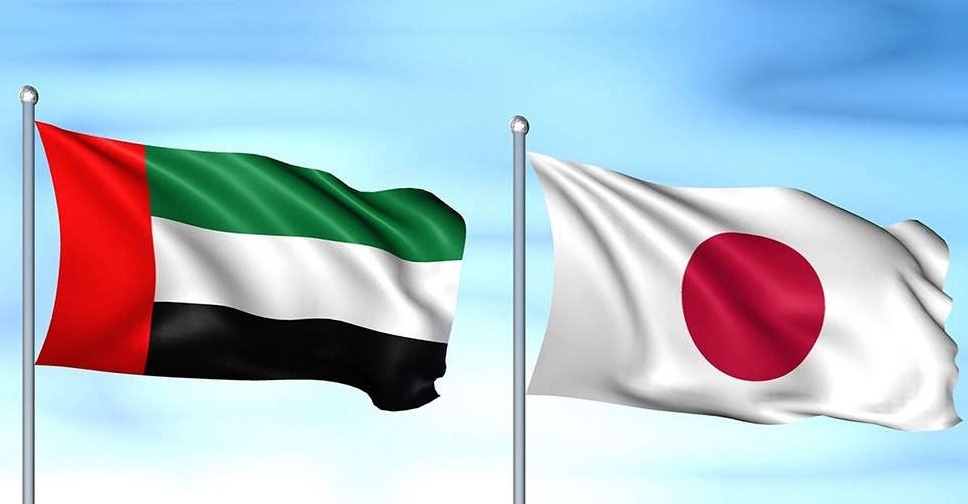 UAE, Japan to complete CEPA by end of year
UAE, Japan to complete CEPA by end of year
